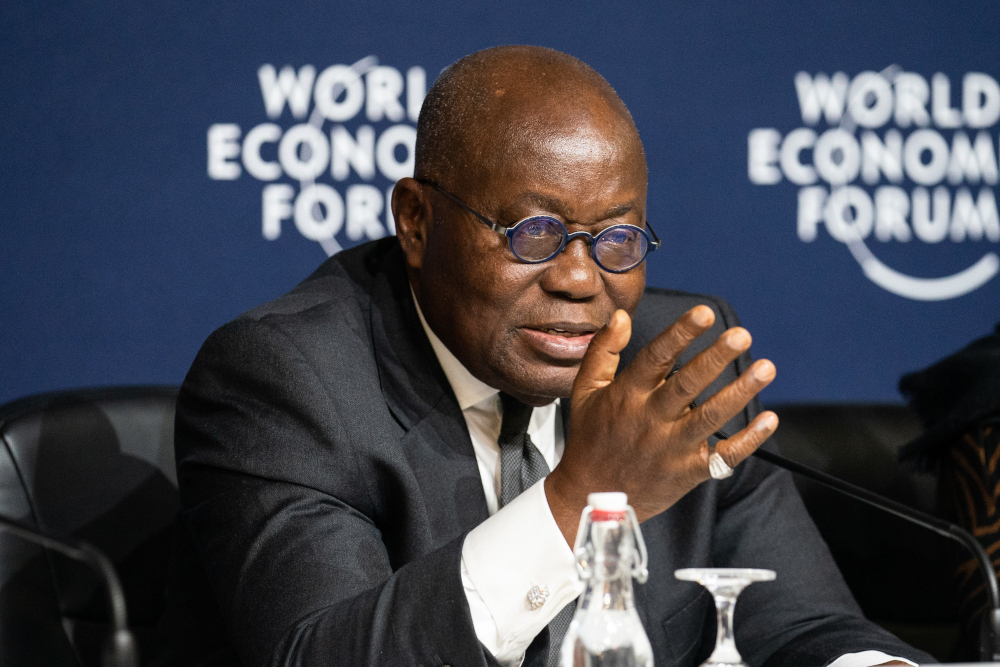The Ghana Parliament has passed legislation that could open up the market for industrial hemp and medical cannabis.
The Parliament earlier this month voted in favor of the measure, officially the Narcotics Control Commission Amendment Bill 2023, which now awaits President Nana Akufo-Addo’s signature to become law. There is no official timeline for when the President will make a decision.
Under proposed provisions in the bill, the country’s Interior Ministry would be responsible for licensing, with separate permits for cultivation, distribution, processing, sale, import and export.
The measure would establish the THC limit for hemp at 0.3% on a dry-weight basis. CBD will presumably not be legal over the counter, but could be available as a medicine.
Major advancement
The move marks a significant step in Ghana’s efforts to align itself with international reforms in cannabis laws, identified by lawmakers as a priority in 2020.
The Parliament that year passed the Narcotics Control Commission Act (NCCA), which legalized the use of cannabis for medical and industrial purposes, giving oversight to the Narcotics Control Board (NACOB), a part of the Ministry of Interior.
But the NCCA drew criticism from stakeholders, and was later struck down by the country’s high court, which ruled it unconstitutional because it lacked parliamentary debate.
Strategy envisioned
Ghana stakeholders have promoted hemp as a method to clean up the environment, and to generate taxes. A report by Chinese researchers, based on a study carried out in 2021, suggested the country can grow hemp as a raw material for export and make some semi-finished products for the domestic market.
Hemp could revive Ghana’s flagging textile industry, which has tailed off in recent years, presenting an opportunity for fiber hemp as a rotational crop, the report suggested.
Agriculture in Ghana makes up more than 50% of the country’s GDP, according to the UN Food and Agriculture Organisation (FAO), and accounts for more than 40% of export earnings.

